Researchers have identified a key regulator of the immune system and are looking to reveal how this protein is regulated to understand how cancer patients have different responses to immunotherapy.
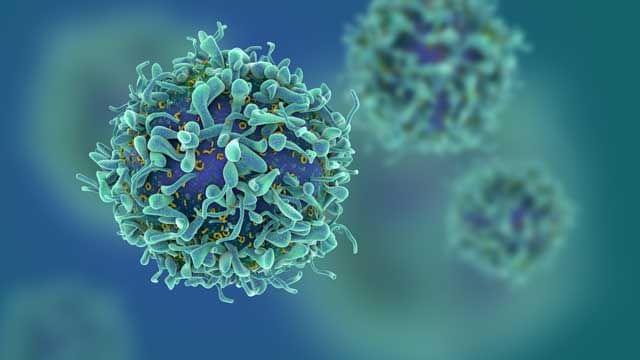

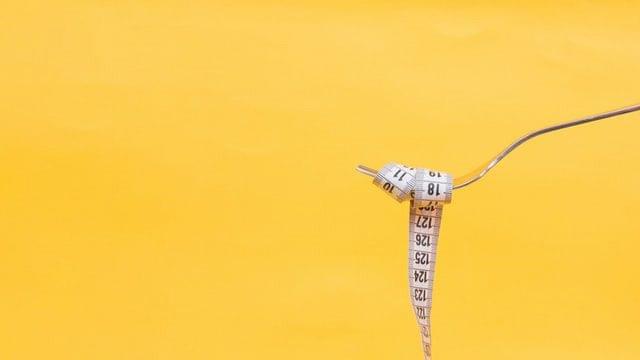
Obesity and its consequences on overall health have become a serious global problem. However, very few substances or drugs can fight obesity. In a recent study, Japanese researchers investigated the anti-obesity effects of tocotrienols, a subtype of vitamin E. Experiments showed that tocotrienols significantly reduce the weight gained by mice on a high-fat diet, while also lowering “bad” cholesterol levels. The results pave the way to efficient treatments for obesity.
Over the past few decades, obesity has become increasingly common throughout the entire world. Since obesity often causes other diseases, including diabetes and various cardiovascular disorders, it represents an alarming social problem in both developed and developing countries. Although most of us know that a balanced diet and plenty of exercise are the best ways to prevent obesity, having drugs to effectively treat it would still come in handy if necessary.
Unfortunately, there are very few known substances or drugs that can help prevent or treat obesity and its dreaded secondary diseases. One problem is that some of the mechanisms of obesity-induced diseases are unclear. For example, there is some evidence showing that obesity increases oxidative stress (oxidation) in the body. In turn, some scientists suspect that increased oxidation is the reason why obesity paves the way for neurodegenerative disorders like Alzheimer’s disease. Taking this into account, it might be helpful if potential drugs for treating obesity also had strong antioxidant functions.
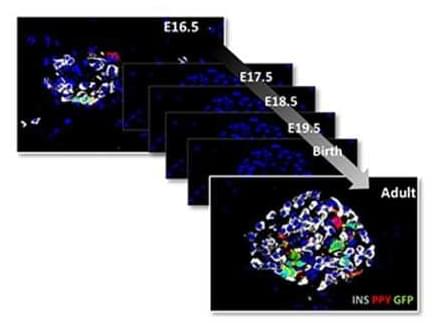
The pancreas is a key metabolic regulator. When pancreatic beta cells cease producing enough insulin, blood sugar levels rise dangerously — a phenomenon known as hyperglycemia — thus triggering diabetes. After discovering that other mature pancreatic cells can adapt and partly compensate for the lack of insulin, a team from the University of Geneva (UNIGE) demonstrates that the stem cells from which beta cells are derived are only present during embryonic development. This discovery puts an end to a long-standing controversy about the hypothetical existence of adult pancreatic stem cells that would give rise to newly differentiated hormone-producing cells after birth. The scientists also succeeded in precisely defining the ‘identity card’ of pancreatic endocrine cells, which is a promising tool for the production of replacement insulin-secreting cells. These results can be read in Cell Reports and Nature Communications.
Diabetes is a common metabolic disease. It is characterised by a persistent hyperglycemia that occurs when pancreatic cells responsible for the production of insulin — the beta cells — are destroyed or are no longer able to produce this regulatory hormone in sufficient quantities. Since 2010, studies performed by the team of Pedro Herrera, a professor in the Department of Genetic Medicine and Development and in the Diabetes Centre at the UNIGE Faculty of Medicine, as well as at the Geneva Institute of Genetics and Genomics (iGE3), reveal that the other pancreatic endocrine cells — namely alpha, delta and gamma cells, which produce other hormones useful for the metabolic balance — can “learn” to produce insulin when beta cells are absent or defective. This phenomenon, observed in mice and humans, demonstrates the plasticity of pancreatic cells and paves the way to new therapeutic strategies.
Design also poised to save space, retain memory in event of power loss. A new spin on one of the 20th century’s smallest but grandest inventions, the transistor, could help feed the world’s ever-growing appetite for digital memory while slicing up to 5% of the energy from its power-hungry diet.
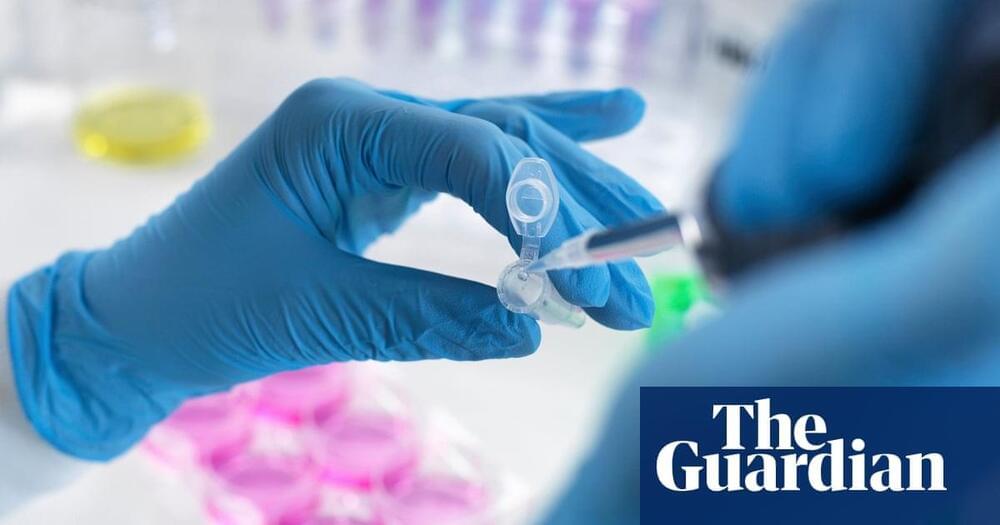
And if bacteria causes one kind, whos to say it doesnt cause every other kind.
Genetic information on the microbes has already allowed the scientists to piece together how they may behave in the body, including what toxins and other substances they might release. This has led them to develop half a dozen hypotheses around how the bugs could cause prostate cancer.
“We currently have no way of reliably identifying aggressive prostate cancers, and this research could help make sure men get the right treatment for them,” Luxton added.
“If the team can demonstrate that these newly identified bacteria can not only predict, but actually cause aggressive prostate cancer, for the first time we may actually be able to prevent prostate cancer occurring. This would be a huge breakthrough that could save thousands of lives each year.”
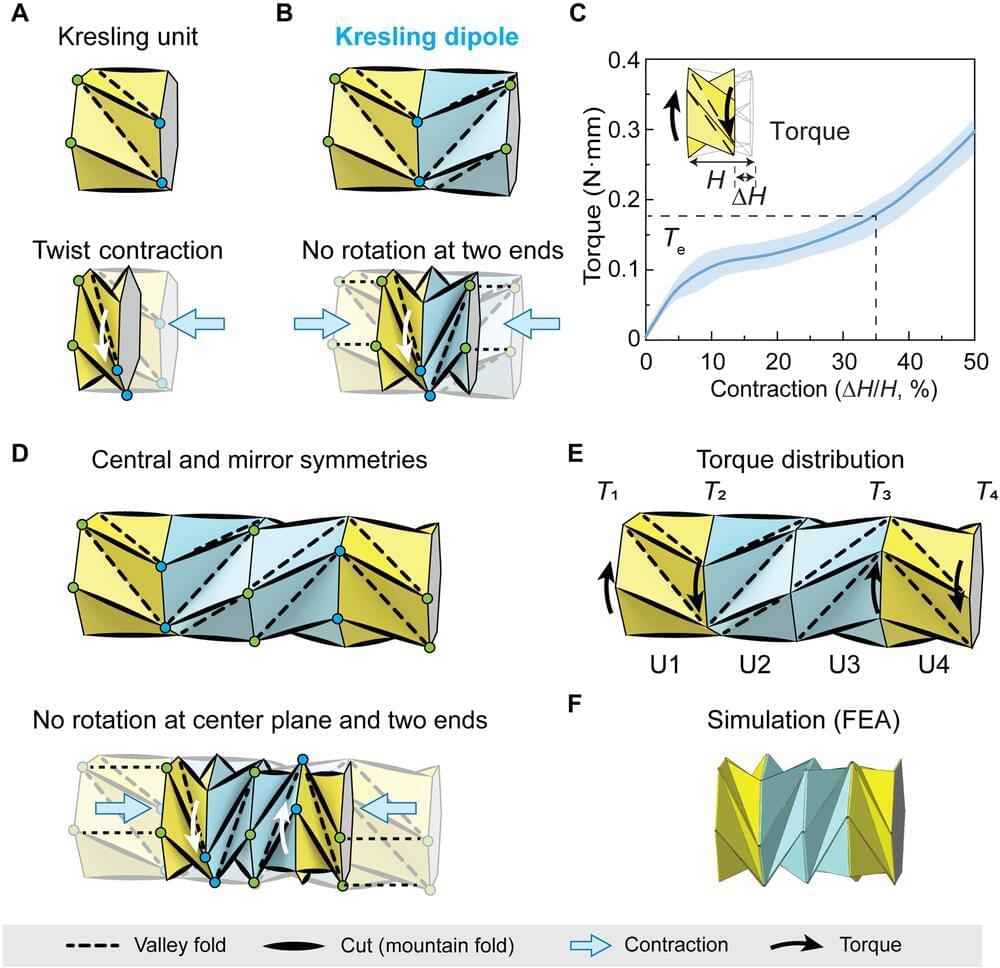
Materials scientists aim to develop biomimetic soft robotic crawlers including earthworm-like and inchworm-like crawlers to realize locomotion via in-plane and out-of-plane contractions for a variety of engineering applications. While such devices can show effective motion in confined spaces, it is challenging to miniaturize the concept due to complex and limited actuation. In a new report now published in Science Advances, Qiji Ze and a team of scientists in mechanical engineering and aerospace engineering at Stanford University and the Ohio State University, U.S., described a magnetically actuated, small-scale origami crawler exhibiting in-plane contraction. The team achieved contraction mechanisms via a four-unit Kresling origami assembly to facilitate the motion of an untethered robot with crawling or steering capacity. The crawler overcame large resistances in severely confined spaces due to its magnetically tunable structural stiffness and anisotropy. The setup provided a contraption for drug storage and release with potential to serve as a minimally invasive device in biomedicine.
Navigating complicated terrains
Bioinspired crawling motion shows adaptation to complicated terrains due to its soft deformable dimensions. Researchers aim to engineer crawling for a variety of applications in limited or confined environments, including extraterrestrial exploration, tube inspection, and gastrointestinal endoscopy. Origami provides an appropriate method to generate contraction relative to structural folding, which can be adapted to engineer robotic crawlers. The team described Kresling patterns; a specific type of bioinspired, origami pattern used to generate axial contraction under torque or compressive force, coupled with a twist from the relative rotation of the device units. Ze et al illustrated a magnetically actuated small-scale origami crawler to induce effective in-plane crawling motions. The scientists developed a four-unit Kresling assembly and verified torque distribution on the crawler using finite element analysis to induce motion.
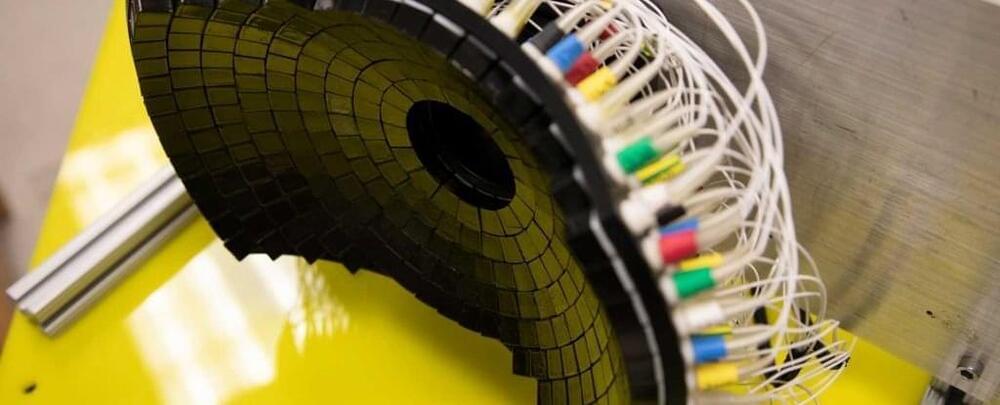
Rats afflicted with liver cancer have demonstrated the efficacy of a fascinating, non-invasive treatment.
Using focused ultrasound, scientists have managed to destroy up to 75 percent of the volume of a liver tumor. The treatment also seems to trigger the rats’ immune systems into taking over and clearing the rest.
In 80 percent of the animals, the cancer seemed to be destroyed, with no sign of metastases or recurrence in the three months they were monitored for, the researchers said.

An analysis of the genetic material in the ocean has identified thousands of previously unknown RNA viruses and doubled the number of phyla, or biological groups, of viruses thought to exist, according to a new study our team of researchers has published in the journal Science.
RNA viruses are best known for the diseases they cause in people, ranging from the common cold to COVID-19. They also infect plants and animals important to people.
These viruses carry their genetic information in RNA, rather than DNA. RNA viruses evolve at much quicker rates than DNA viruses do. While scientists have cataloged hundreds of thousands of DNA viruses in their natural ecosystems, RNA viruses have been relatively unstudied.
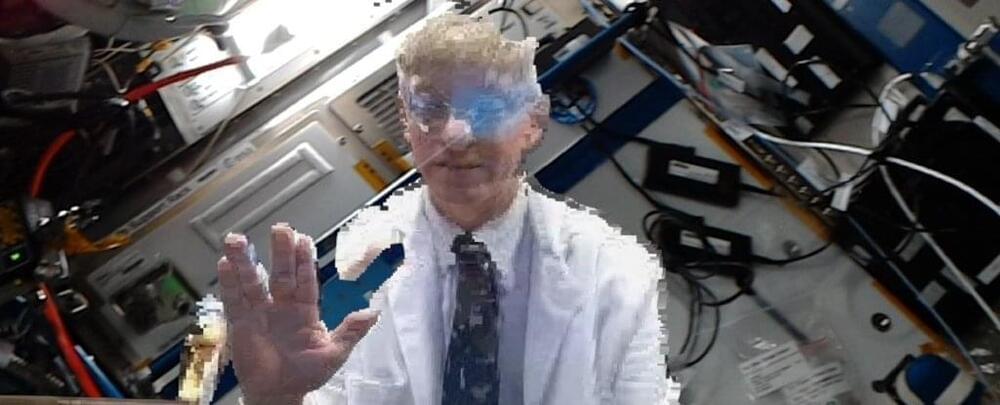
There’s never been a house call quite like this. In a first for telepresence communication, a NASA flight surgeon was ‘holoported’ to the International Space Station (ISS), appearing and conversing as a virtual presence in real time, hundreds of miles above the surface of Earth.
If it sounds like Star Trek, you’re not too far off. (after all, Star Trek: Voyager did feature an artificial physician who was a holographic projection.)
But this isn’t science fiction. When NASA flight surgeon Josef Schmid was beamed up to the ISS in October of last year, the illusion was made possible thanks to Microsoft’s ‘holoportation’ technology, which lets users interact with 3D representations of remote participants in real time.
